
Hayley Burgess SVP, Inovalon, touches on integrated care mentioning to the industry's priority of shared real-time data across payers, providers, and pharmacies, can lead to it becoming reality.

Hayley Burgess SVP, Inovalon, touches on integrated care mentioning to the industry's priority of shared real-time data across payers, providers, and pharmacies, can lead to it becoming reality.

Company executives detailed the company’s strategy for the coming year amidst a flurry of announcements.

In today’s Pharmaceutical Executive Daily we will focus on the 44th Annual J.P. Morgan Healthcare Conference, with Biogen outlining how a more focused company is emerging following years of transformation, Merck detailing its strategy to de-risk long-term funding and pipeline investment, and Eli Lilly reinforcing its confidence in sustaining GLP-1-driven growth.
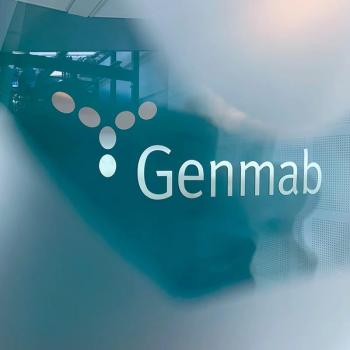
Genmab used the 44th Annual J.P. Morgan Healthcare Conference to reposition itself as it enters 2026 with a reshaped business model.

Graham Goodrich, CCO, Apnimed, outlines how advances in diagnostics, growing recognition of sleep apnea’s systemic impact, and emerging oral therapies are driving renewed momentum in sleep medicine as Apnimed advances toward commercialization.

David Ricks detailed how the company plans to build on the success of Zepbound and Lilly Direct.

Michael O'Rourke, CEO of Re-Vana Therapeutics, touches on Re-Vana's transition from an academic spinout to a fully established biotech, marked by team expansion, facility growth, and validation of its sustained-delivery platform.

Hayley Burgess SVP, Inovalon, talks about how pharmacies preserve efficiency while strengthening patient care by using technology to unify data, streamline workflows, and proactively monitor high-risk patients across care transitions.

Bayer’s strategic portfolio refresh, late-stage pipeline progress, and operational efficiency positions the company for long-term growth across cardiovascular, oncology, and women’s health.

CEO Rob Davis details specific funding forecasts for the company beyond Keytruda.

Regeneron CEO Len Schleifer highlighted the company’s science-driven platform approach, strong 2025 commercial performance, and a robust pipeline across multiple therapeutic areas poised for regulatory filings, clinical milestones, and new product launches.

Moderna CEO Stéphane Bancel positions 2026 as a catalyst-rich year driven by new vaccine launches, late-stage oncology data, and continued cost discipline.
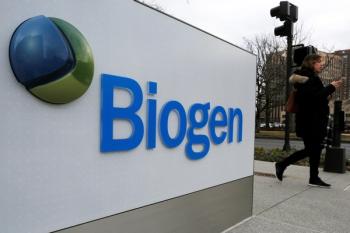
The company plans to expand its pipeline and be less reliant on a small number of blockbuster drugs.

Michael O'Rourke, CEO of Re-Vana Therapeutics, frames Re-Vana's early-stage, platform-led model as credible to public-market investors, pointing to clinical validation of sustained biologic delivery and strong collaboration interest.

Hayley Burgess SVP, Inovalon, talks about rising data fragmentation, access barriers, and adherence risks pushing specialty pharmacies to adopt integrated, end-to-end platforms that consolidate clinical, operational, and patient data.

As part of her continuing conversation with PharmExec, Trialynx CEO Angela Schwab goes into detail the importance of understanding a site’s abilities during the development stage of a trial.

In today’s Pharmaceutical Executive Daily, Johnson & Johnson reaches an agreement with the Trump administration while continuing its $55 billion U.S. investment plan, Bristol Myers Squibb outlines its long-term strategic focus at JPMorgan 2026, and Pfizer details its pivot from COVID-era products toward pipeline execution.
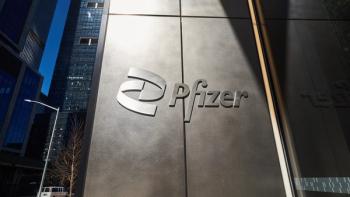
Pfizer entered the 44th Annual J.P. Morgan Healthcare Conference emphasizing its post-Covid reset, improved cost discipline, and a catalyst-heavy pipeline aimed at navigating the patent cycle and reaccelerating growth into 2026 and beyond.

Johnson & Johnson reinforces its long-term domestic investment strategy with a new $2 billion biologics facility in Wilson, North Carolina, further elevating the state’s role as a global life sciences hub.
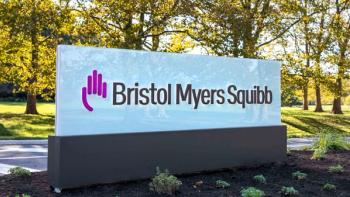
CEO Christopher Boerner detailed the company’s plan to grow ahead of 2030.

Michael O' Rourke , CEO Re-Vana Therapeutics, discusses positioning Re-Vana as a long-term platform partner by leveraging its sustained-delivery hydrogel technologies to support both internally developed assets and external pharma collaborations.

Angela Schwab, founder and CEO of Trialynx, discusses the importance of designing trials around patients and how doing so doesn’t have to come at the cost of generating good data.

Hayley Burgess SVP, Inovalon, touches on Specialty pharmacies grappling with surging drug complexity and costs while navigating fragmented data systems, access hurdles, and prior authorization demands that strain pharmacists’ abilities.

Johnson & Johnson reached a voluntary agreement with the U.S. government to enhance patient access, lower drug costs, and expand domestic manufacturing.

Financing announcements across the pharma sector reflect the industry’s continued interest in advancing clinical-stage programs across genetic medicine, immunology, and chronic diseases.

In the third part of her conversation with PharmExec, Trialynx founder and CEO Angela Schwab discusses the causes and solutions for high failure rates in clinical trials.

A new unified approach to process analytical technologies from Recipharm Advanced Bio aims to replace fragmented, off-line testing with integrated real-time analytics—cutting development and release timelines by up to 50% while aligning with FDA-backed continuous manufacturing initiatives and a multibillion-dollar global PAT market opportunity.

Clarivate’s Drugs to Watch 2026 report highlights Eli Lilly’s late-stage cardiometabolic candidates orforglipron and retatrutide as the clear standouts in an obesity and diabetes market projected to reach $150 billion by 2035.

In today’s Pharmaceutical Executive Daily, the FDA moves to limit regulation of non-medical fitness wearables, industry leaders examine how humans and AI can jointly create value in pharma, and Eli Lilly enters a billion-dollar agreement to acquire Ventyx Biosciences.
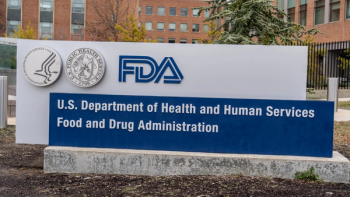
FDA’s decision to withhold approval of Hetlioz for jet lag disorder underscores the agency’s continued insistence on real-world relevance in clinical evidence.